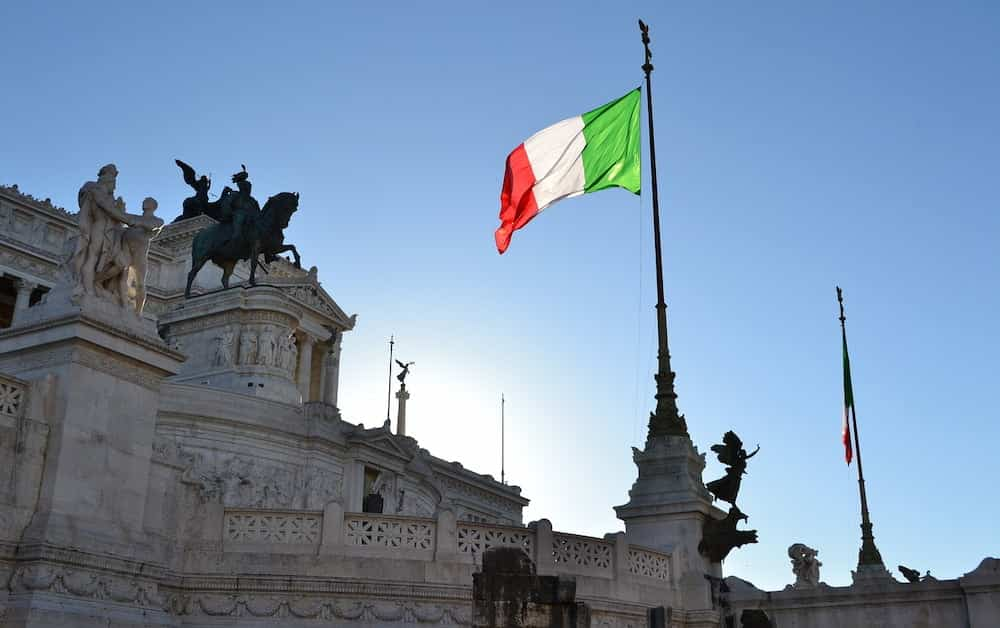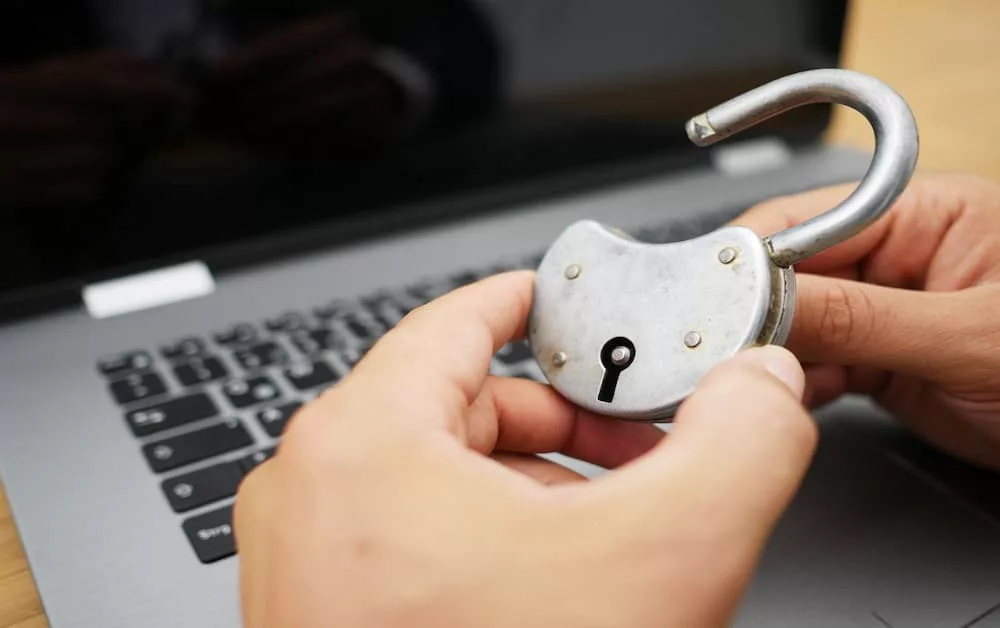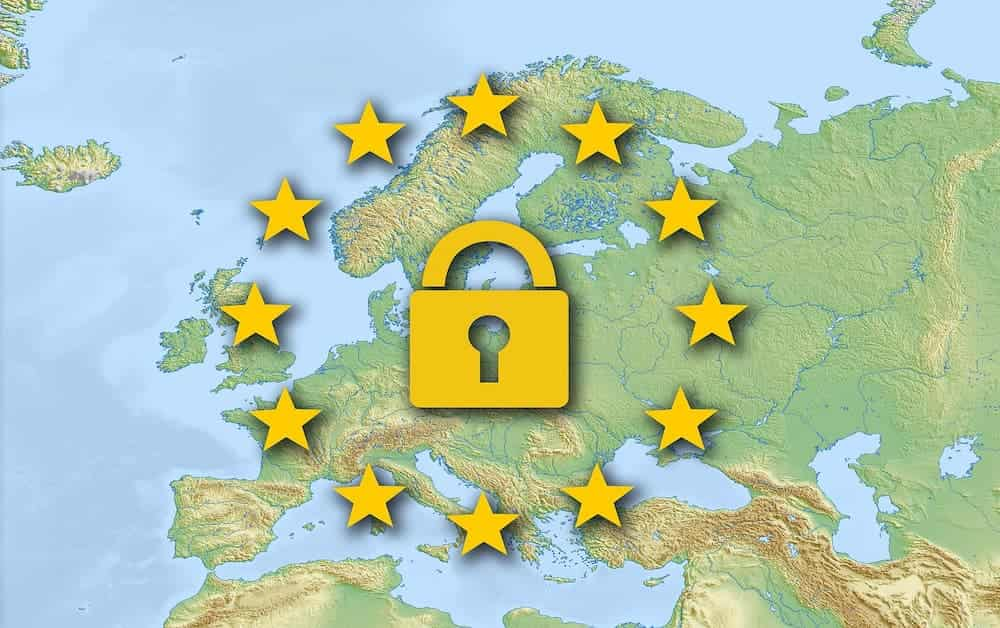Introduction
The protection of personal information is of great value to Italy, and the country is committed to upholding relevant regulations to ensure data privacy. Italy has implemented the General Data Protection Regulation (GDPR) in addition to its own privacy laws, such as the Italian Personal Data Protection Code. This comprehensive article provides an in-depth review of Italy’s data privacy landscape, detailing the essential regulations, supervisory authorities, business obligations, and recent developments. It is important to note that Italy’s commitment to data privacy is unwavering, and they are continuously working to maintain high standards in this regard.
General Data Protection Regulation (GDPR) implementation
The General Data Protection Regulation (GDPR) has been implemented in Italy to provide a robust legal framework to protect individuals’ personal data. This regulatory framework applies to all businesses operating within the country and ensures consistent data protection principles and rights throughout the European Union (EU). The GDPR mandates that companies obtain explicit consent for collecting, processing, and storing personal data, and individuals have the right to access, rectify, and delete their data. Additionally, businesses must ensure the security and confidentiality of personal data and report any data breaches promptly. The GDPR also empowers individuals to file complaints and seek legal remedies in case of non-compliance. In essence, the General Data Protection Regulation guarantees a high level of privacy and data protection for EU citizens and promotes trust in the digital economy.
What is the Data Privacy Act in Italy?
Guards per la protezione dei dettai personal (“Guards for the Protection of Personal Data”) is a reputable non-governmental organization dedicated to protecting fundamental freedoms related to data processing. This organization works tirelessly to ensure that individuals’ personal data is safeguarded and their dignity is preserved. The organization employs various strategies and techniques to achieve its objectives, including advocacy, education, and legal support. With a team of experienced professionals, “Guards for the Protection of Personal Data” is committed to promoting privacy and security in the digital age.
What is the cookie law in Italy?
In compliance with the most recent Italian cookie regulations, it is imperative to ensure that user preferences are accurately recorded. To achieve this, it is advised that a distinct section be included at the bottom of the webpage, providing users with a convenient means of modifying or revoking their previously granted consent. This will ensure that users are fully aware of their options and can effectively exercise their privacy rights.

Italian Personal Data Protection Code and the Italian Data Protection Authority
In order to ensure the protection of personal data in Italy, the Personal Data Protection Code has been developed to supplement the provisions of the GDPR. It is essential to note that the Code has been updated to meet the requirements of the GDPR, thus making it a robust framework for data protection in the country. The Garante, Italy’s Data Protection Authority, is responsible for enforcing the regulations outlined in the Code and ensuring that individuals and organizations comply with both the GDPR and the Code. This ensures that personal data is protected and individuals’ privacy is respected.
Main powers, duties, and responsibilities of the Garante
The duties, powers, and responsibilities of the Garante are of utmost importance. As the primary governing body, the Garante is responsible for ensuring that all regulations are followed and that justice is served. Garantes’ tasks are varied and complex, ranging from protecting people’s data to regulating telecommunications services. Additionally, the Garante must always maintain a fair and impartial approach, and the principles of equality, transparency, and accountability guide Garantes’ decisions.
The primary functions of the Garante
The Garante plays a critical role in safeguarding the rights and freedoms of individuals and organizations in Italy. The Garante is legally represented by State Attorneys (“Avvocatura del Stato”). This includes taking legal action against data controllers or data processors who violate provisions concerning the security of personal data. Generally, the Garante can send documents gathered during a review to court authorities in cases indicating the existence of a crime.
Italy’s Data Protection Officer (DPO)
Italy requires organizations to appoint a Data Protection Officer (DPO) to oversee data protection practices and ensure compliance with the data protection law and privacy regulations.
Organizations required to appoint a DPO
The Italian Data Protection Authority, known as the Garante, has directed the organizations that may be required to appoint a DPO. This includes credit institutions, insurance companies, and other entities listed in the Garantes’ FAQs. The requirement for a DPO aims to ensure proper data protection measures in organizations handling sensitive data.
Qualifications and certifications for DPOs
Formal certifications or membership in specific professional associations are not mandatory for DPOs in Italy. However, participating in relevant courses or obtaining specialized knowledge through master’s programs can help evaluate the adequacy of a DPO’s knowledge. The Garante should be notified of the DPO’s appointment.
DPO appointment procedures
The appointment of a Data Protection Officer can be either internal or external. In both cases, a formal act of designation is necessary to confirm the role of the DPO. The designation should be documented for an internal DPO, while an external DPO’s designation should be part of the service contract. The designation deed must specify the DPO’s identity, functions, tasks, duties, and reasons for their appointment.
Role and responsibilities of the DPO
The DPO’s role is crucial in ensuring compliance with data protection regulations. They serve as a point of contact for data subjects, the Garante, and internal stakeholders on data protection matters. The DPO’s responsibilities include:
Monitoring compliance with data protection laws.
Providing advice and guidance to the organization.
Conducting internal audits.
Acting as a liaison with the Garante.
DPO liability and breach of duties
While the DPO holds a position of responsibility, they may be held liable for breaches of relevant contractual provisions or duties of care. In Italy, the DPO may be subject to legal consequences if they fail to fulfill their obligations or breach their duty of care in performing their tasks.

Data controllers and data processors
When it comes to managing personal data, it is vital to understand the distinction between data controllers and data processors. A data controller is responsible for determining the purpose and means of processing personal data, while a data processor actually processes personal data on behalf of the data controllers. Both parties have specific obligations and responsibilities that are detailed in privacy guidelines. Organizations need to comply with these guidelines to ensure the protection and privacy of individuals’ personal information.
Personal data and sensitive data
When we talk about personal data, we refer to any information that pertains to an individual and can be used to identify them. This sensitive personal data could include basic details like name and address and more specific data like employment history or financial information. However, certain types of personal data are considered particularly sensitive and require extra protection. These include biometric data (like fingerprints or facial recognition) and genetic data (such as DNA samples or test results). It is important for organizations to take extra precautions when handling this type of information to ensure that it remains secure and protected at all times.
Data subject’s rights
Data subjects who have shared personal information have several rights at their disposal. These data subjects’ rights include the right to access and review their data and the ability to request corrections to any inaccuracies. Additionally, individuals can request the deletion of their data or limit how it is processed. Transferring data to another entity or objecting to specific processing activities is also possible. The right to data portability grants individuals the ability to acquire and reuse their personal data for their own intentions across various services. These rights exist to ensure that personal data is handled in a fair and transparent manner.
Data transfers and international data flows
Under privacy regulations, it is necessary to consider the transfer of personal data outside of the European Economic Area (EEA) and ensure that appropriate measures are taken to protect the rights of individuals whose data is being transferred. These measures may include obtaining consent, implementing safeguards, and complying with the regulations of the destination country. It is of utmost importance to prioritize the privacy and security of personal data in all international transfers.

Data breach notification and security measures
For data controllers and processors responsible for managing data, it is of utmost importance to implement sufficient security measures to protect the personal information of others from being accessed or disclosed without authorization. In the unfortunate event of a personal data breach, it is crucial to notify both the relevant supervisory authority and the affected data subject. This ensures that the appropriate steps are taken to safeguard the privacy and security of the affected individual’s personal information.
Key data privacy obligations
In Italy, maintaining data privacy is an essential obligation for companies. The regulations in place are meticulously stringent to ensure that all companies comply with them. These regulations necessitate that companies manage their ICT (Information and Communication Technology) risks effectively and immediately report any concerns that may arise. It is also mandatory for companies to fortify the strength of their digital operations and share relevant information about cyber threats. By adhering to these regulations, companies can safeguard their data and minimize potential risks that may interfere with their business operations. Ultimately, compliance with these regulations is crucial for companies to maintain their integrity and reputation in the market.
Recent developments and enforcement actions
Italy has demonstrated a strong commitment to addressing concerns regarding data privacy. In March of 2023, the country’s privacy regulator temporarily banned the use of OpenAI’s ChatGPT. This move was in response to concerns about the effectiveness of age verification controls and the legality of data collection. The Italian government is also actively engaged in efforts to create a new eHealth database. These initiatives demonstrate a proactive approach to safeguarding the rights of individuals and improving data privacy measures. By taking these critical steps, Italy is positioning itself as a leader in the global effort to protect personal data and privacy.
Conclusion
The GDPR, the Italian Personal Data Protection Code, and the oversight of the Italian Data Protection Authority shape Italy’s data privacy landscape. Businesses operating in Italy must adhere to these regulations, fulfilling various data privacy obligations. Recent developments indicate Italy’s active involvement in safeguarding data privacy, with enforcement actions and efforts to establish new databases. By prioritizing data protection, Italy aims to ensure the privacy and security of individuals’ personal information and foster trust in the digital ecosystem.




